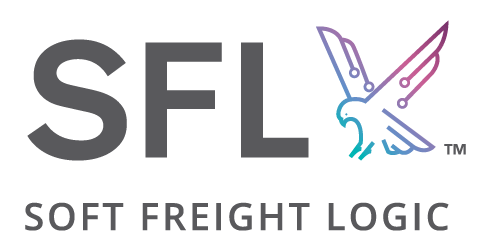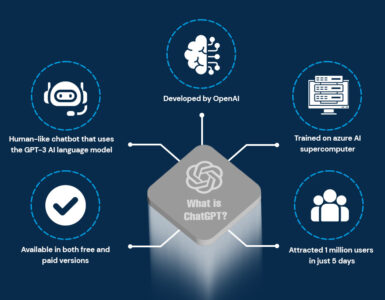The recent European supply chain industry trends have not been void of challenges. Since the COVID-19 outbreak led to several border blockades, the industry has not recovered from several backlogs, capacity constraints, and highly delayed delivery periods.
European companies have consequently adopted technological strategies to resolve their supply chain problems. But, the adopted solutions still seem to not give the expected outcome as the challenges are persistent.
Another influence that has complicated these issues is the ongoing war between Ukraine and Russia. Several businesses and business associates within these countries and regions are in disarray.
The emerging challenges due to the war may last for a long time. Hence, it is vital to take a critical look at these issues and draw inferences that will enable a serene supply chain industry.
Significant Challenges Disrupting European Supply Chain Technology
Here are some challenges hitting the European supply chain and logistics technology and how they affect the supply chain industry.
The disparity in Tech-Adoption and Talent Shortage
The integration of supply chain visibility has led to some upgrades in the telematics involved in the supply chain. Recent technological inventions that are geared towards improving better service delivery have become too complicated for workers in the supply chain industry.
Technologies like the Internet of Things (IoT) have ushered in new modalities that require specialized knowledge. Using IoT as a tool in the supply chain industry to monitor fuel levels, temperature, and more has continued to complicate how work is done in the supply chain industry. It is because the workers cannot learn as fast as possible.
Adopting technology depends on the staff within the supply chain industry because they are the drivers of sustainability and productivity. And if they do not adapt to changing work ethics, technological advancement becomes a headache.
Furthermore, one element that disrupts the supply chain is a talent shortage. Technological engagement requires people who understand its in-depth applications. So, the availability of skilled labor within the supply chain industry is tight.
The limited availability of skilled labor results in higher wage demands and low worker retention. An example is the finding in the UK that about 25% of supply chain workers are looking for another job. Also, at the moment, Europe is suffering from a high shortfall in the number of Heavy-goods drivers. In Germany, it is projected that supply chain workers will be less than 7.2 million by 2035.
Language Barrier
Communication within the supply chain industry may become cumbersome due to language differences. The European Union has 23 official languages. Some companies make the error of associating Europe with the English language – forgetting that only 38% of the population speaks English.
Differing languages imply that interpretation of machine manuals or tutorial guides will be difficult. The workers may find it hard to get deals done as they may not understand the critical points in contracts. More than 22% of manufacturing firms have lost lucrative deals due to language barriers.
Since technological invention comes with manuals, it can be written in any of the 23 official languages within Europe. Interpreting inspirational guides may be challenging. As a result, adopting such technology may not be as seamless as needed.
Data Privacy and Security Issues
The internet’s increasing interconnectivity due to the internet has pulsated the need for data security. Countries within the EU have been making several laws to aid data privacy and protection.
These laws have impacted business processes by restricting the model and pattern of how personal data is kept, shared, and used. It implies that data privacy has to be infused into any technological supply chain improvement.
Challenges of this kind can be detrimental to asset-based freight forwarders because tracking any driver with GPS is prohibited in the EU. As a result, tracking your goods will not be possible.
Another problem with data privacy issues is understanding the data practices along the supply chain. Identifying the patterns involves analyzing the risks hovering around data privacy and aligning them to the requirements of the GDPR law.
Language Barriers and New Talent Onboarding Slows The Process
In tackling language barriers, staff must be mandated to learn other languages. Companies within the US are seen to have done this.
Workers were required to learn other essential languages. Another solution is to try to employ a multilingual specialist within the firm.
A multilinguist can always help with the language differences in management and board meetings.
The main aim of technology is to improve how service is rendered within the supply chain. When challenges begin to well up, there is a need to look into the system and see the problems.
As a result, possible solutions have been advised to help further strike a balance and help to earn the trust needed for quality service delivery in the supply chain.
Following these solutions will not only give you the total capacity to explore the potential of what technology offers. It will enhance the workers’ technology adaptability and their staff quality.
Also, training your employees will increase their awareness of data protection in solving the puzzle of data privacy and security. Hence, they will be mindful of going contrary to that.
Endeavor to give the correct information at the right time. And make sure that awareness starts internally.
Laws like GDPR and the likes can only get stricter, and they are not going away
By aligning your supply chain procedures with the needs of the GDPR, workers and clients will develop trust in your brand without any fear.
The GDPR requires that controllers (such as customers using WiseTech Global’s CargoWise One logistics software solutions) only use processors (such as WiseTech Global) that provide sufficient guarantees to meet key requirements of the GDPR.
Laws like GDPR and the likes can only get stricter, and they are not going away.
For more information on CargoWise and GDPR.
Conclusion
In addition, concerning data privacy, companies in the supply chain industry should ensure that personal data is adequately protected when shared among the parties involved. The data flow must be mapped so that the supply chain process can ensure clients’ data is protected.
Balancing privacy within the supply chain sounds challenging to achieve. But, a balance is achievable if an intentional effort can be put into teaching data privacy compliance into your firm’s culture.
SFL is a Platinum Partner of Wisetech Global and is dedicated to helping the Supply Chain Industry digitize into the future and balancing privacy and trust.






